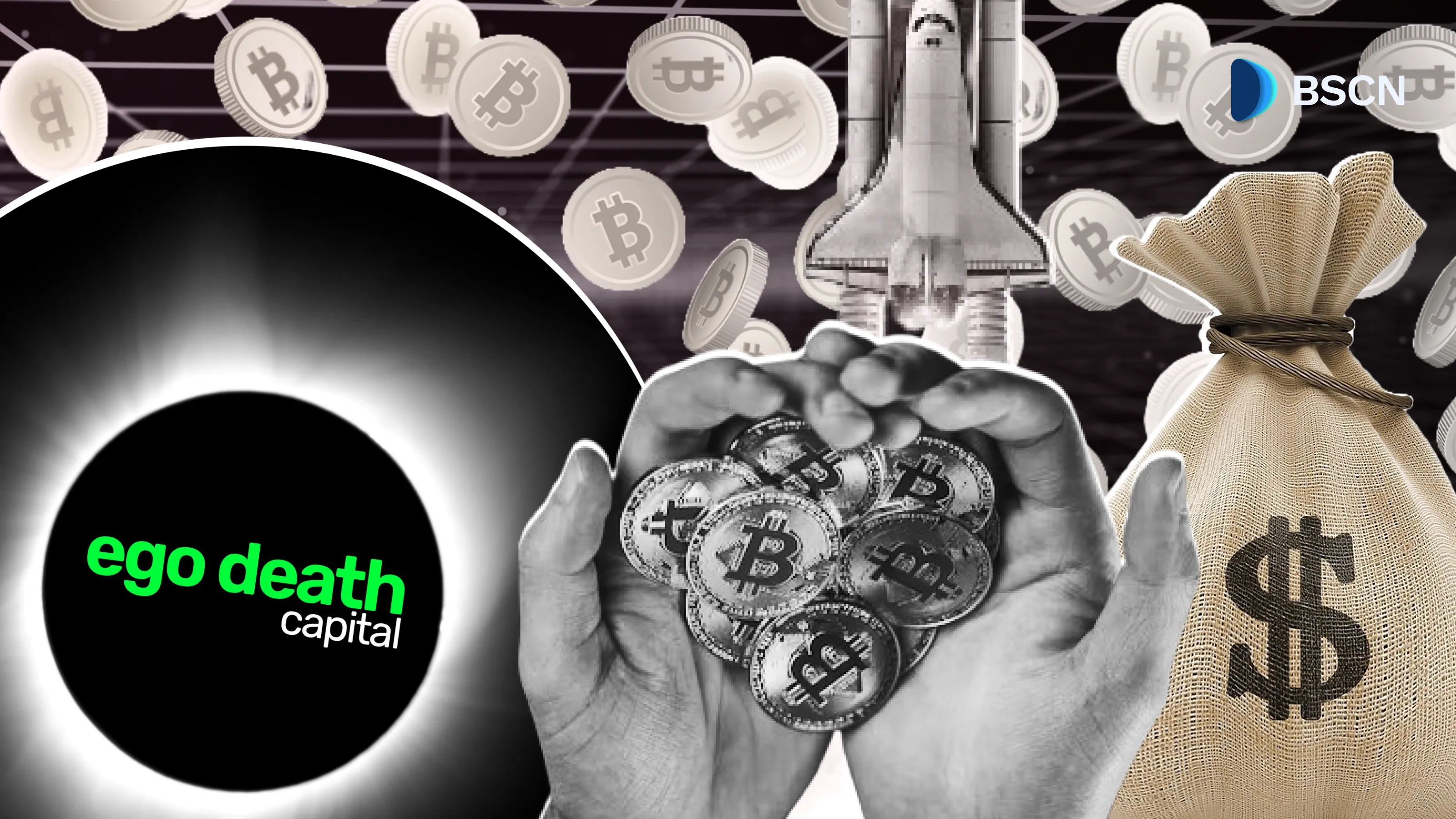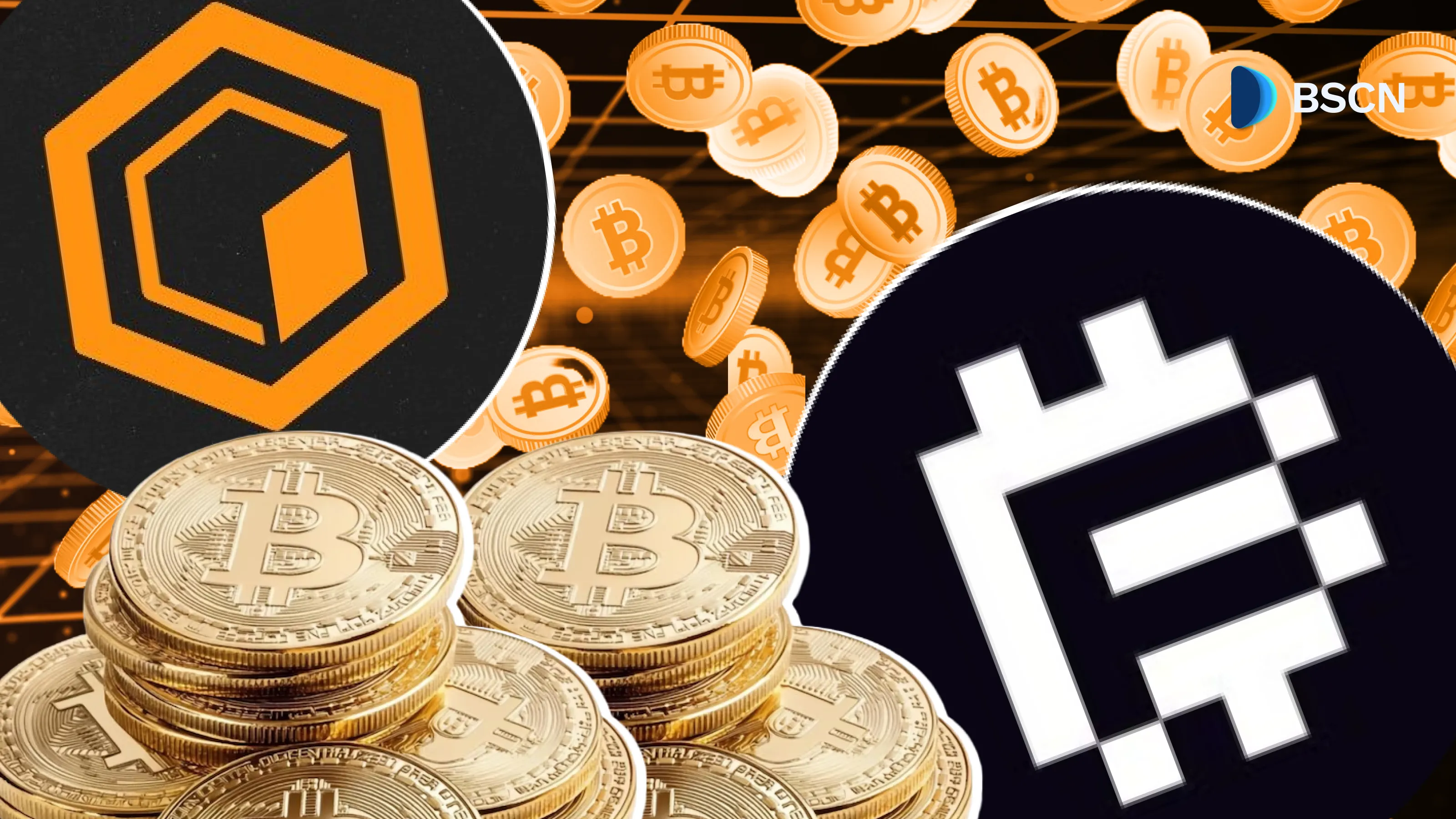POLY
Polygon Slammed in Recent Lido Proposal to Sunset MATIC Support

A recent proposal to Lido Finance, that suggests the termination of support for Polygon, features a vicious criticism of various aspects of the layer-2.
BSCN
October 19, 2023
A proposal posted to Lido Finance on October 17, by one ‘kentie’, not only advocates for the sunsetting of Polygon support on the platform, but also issues a scathing indictment of the Ethereum layer-2 network itself.
The proposal itself comes shortly after Lido Finance’s announcement that it would be shutting down its support for Solana (SOL) after “extensive DAO discussion and community vote”.
“In short, I propose to sunset Lido on Polygon to become a native ETH liquid staking provider and avoid assuming risks from smaller pockets of TVL”
Kentie’s Criticism
The recently posted proposal cites various reasons for Lido to close its doors to the Polygon ecosystem, and not all said reasons are generous.
‘Lacklustre Revenue’
Despite tens of millions of dollars in MATIC staked via Lido, Kentie points out that this TVL equates to only around $167,000 in annual protocol revenue, when current staking rates and DAO fees are factored in.
The critic also points out that, over the past year, Lido has doled out some 2.14 million LDO tokens as an incentive to procure the measly $167,000 in annual revenue. For context, said 2.14 million LDO tokens are currently equivalent to nearly $3.15 million.
“this ROI is a sheer waste of LDO/stETH incentives”, reads the proposal
‘Brand Risk’
Kentie points to a ‘technical upgrade’, implemented over recent months, that brought with it a bug that stopped withdrawal capabilities for nearly a month. Kentie suggests that such risks are too signifiant for a “protocol with $15B in assets” to accept.
‘Polygon Roadmap Uncertainty’
“Overall, Polygon has struggled to retain DeFi TVL compared to other L2s. Both Solana and Polygon TVLs follow a strikingly similar pattern since Oct 2022”
In discussion of Polygon’s recently unveiled roadmap, which reportedly involves “Polygon migrating to a newer token” and “undertaking a multi-year long technical architecture overhaul”, Kentie points to significant costs imposed on Lido with regards to new audits and various other changes.
The proposer also suggests that Polygon has “struggled to retain” TVL, analogising the layer-2 with Solana, which has also seen significant reductions.

Finally, the proposal’s author points to an ostensible lack of interest in Polygon from other liquid-staking providers, with Stader Labs apparently constituting the only other platform to support the L2.
In addition, “Stader Labs has cut their already conservative incentives on Polygon by 75%, indicating the stasis of a blockchain that Polygon has become”.
Takeaway
The proposal’s critique of Polygon is harsh to say the least, and perhaps not entirely fair, given recent developments and partnerships within the Polygon ecosystem.
However, recent months have shown the Lido community as unafraid of making serious changes to its offering, typified in no small part by the recent sunsetting of Solana support on the platform.
Whether or not the Lido community will support Kentie’s proposal, or dismiss it as overly harsh, is yet to be seen.
Disclaimer
Disclaimer: The views expressed in this article do not necessarily represent the views of BSCN. The information provided in this article is for educational and entertainment purposes only and should not be construed as investment advice, or advice of any kind. BSCN assumes no responsibility for any investment decisions made based on the information provided in this article. If you believe that the article should be amended, please reach out to the BSCN team by emailing [email protected].
Latest News
Crypto Project & Token Reviews
Project & Token Reviews
Comprehensive reviews of crypto's most interesting projects and assets
Learn about the hottest projects & tokens










